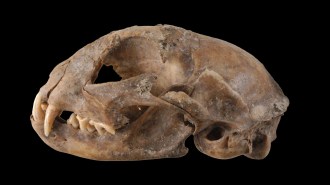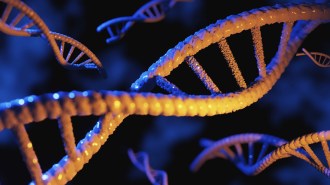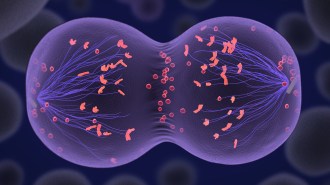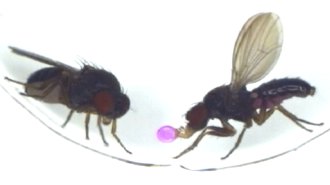How Ethiopian highlanders adapted to breathe thin air
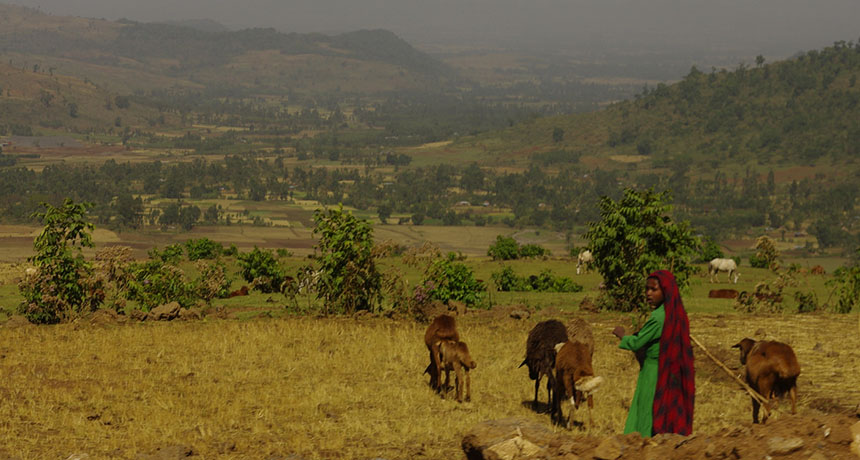
Over millenia, humans have adapted to the high altitude of Ethiopia's highlands. Researchers have now pinpointed one adaptation — lower levels of cardiac signaling protein — that may make the high life possible.
Sightings of the Subtle/Flickr (CC BY-NC-ND 2.0)
